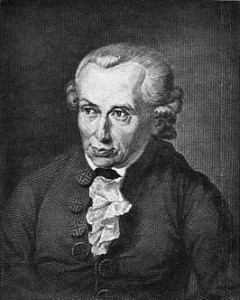Q: In your answer to Q. 228 you wrote:
Reality is that which never changes; that which is the only existent, conscious ‘thing’, which lacks nothing and is limitless. Every, seeming ‘thing’ in creation is, on the other hand, transient and limited.
But this view of (pointer to) reality is not the only viable view, right? I mean viable in general, not within the Advaita worldview.
Couldn’t we say, instead, that reality is whatever happens to exist, in this moment, in the consciousness of the beholder? Reality as qualia, as subjective experience. In which case every seeming thing that exists in the moment is real (in the moment).
Or that reality is change, is transformation?
Or that reality is a concept that points to ___________ (the mystery)?
I could go on sharing other views of reality. Continue reading

 Note that this is the Concluding part
Note that this is the Concluding part

